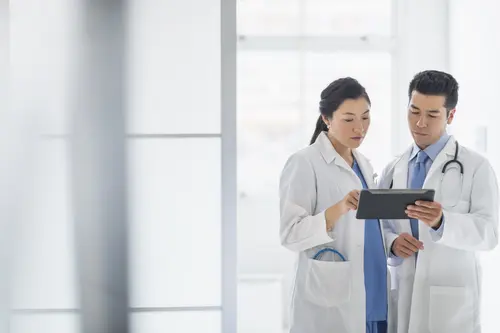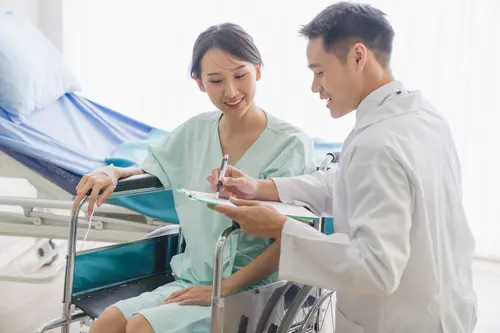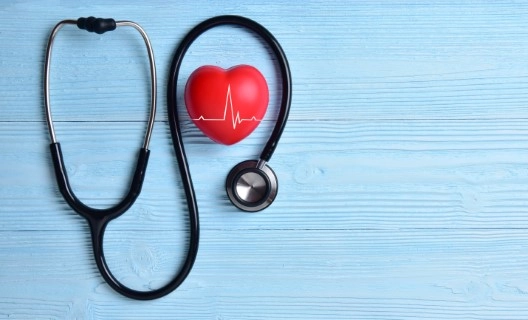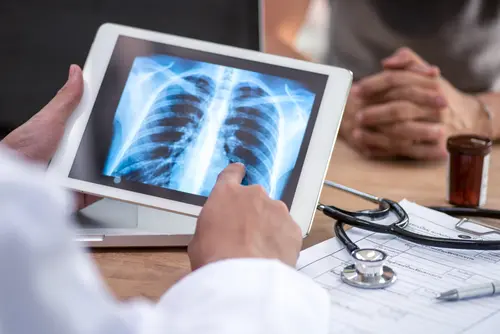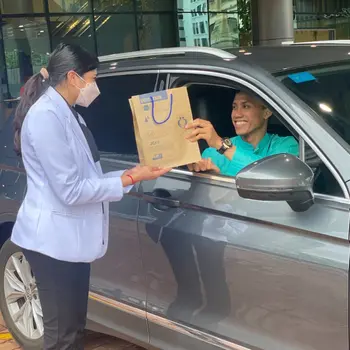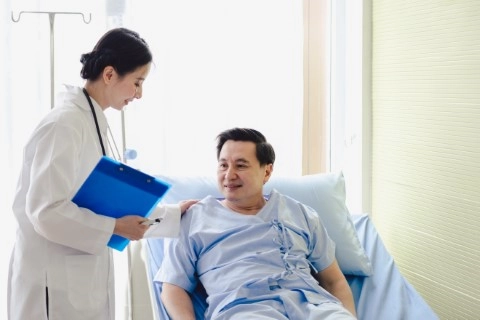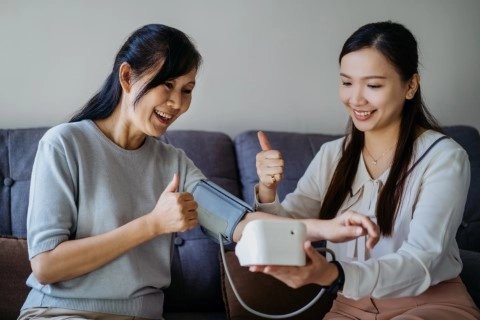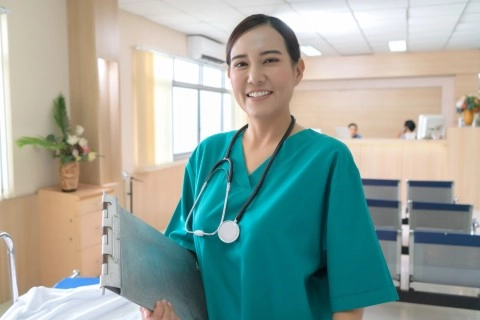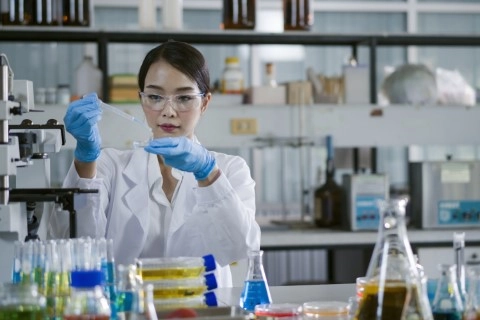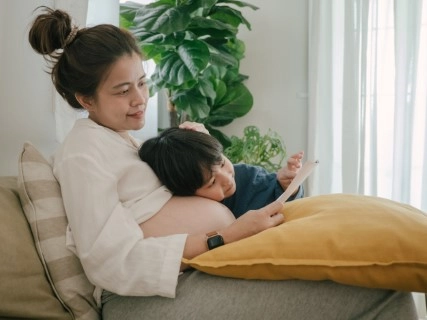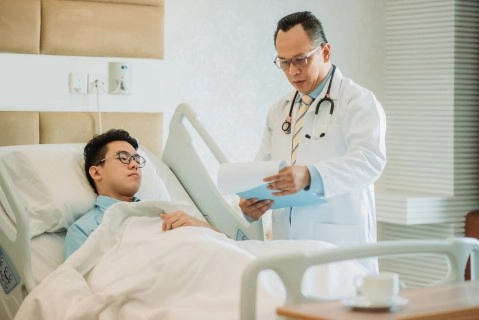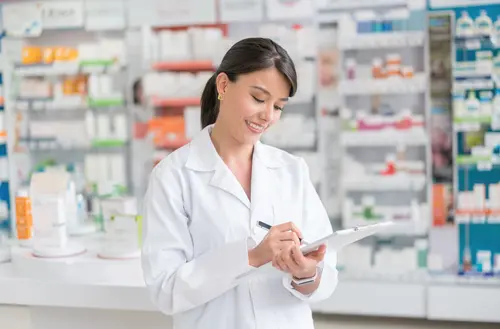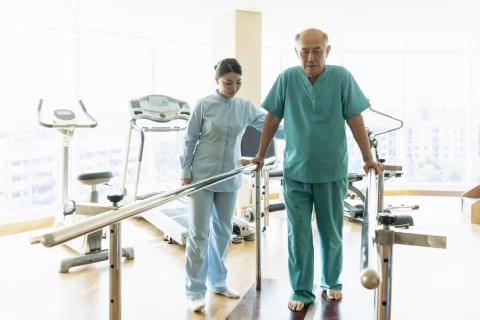Maybe it's more than what you feel
Sometimes, discomfort or pain might be a sign of something more concerning, setting off alarm bells no matter where we are or what time it is.
Get immediate medical help at the first sign or symptom and prevent pain from getting worse, reverse the severity of some instances and even save lives.
When to contact or head to A&E
Typically, visits to the Accident & Emergency are made only when experiencing a serious health emergency.
Here are some common scenarios where seeking urgent medical attention is important:
- The environment where the patient is in is not safe or conducive for assessment
- The patient is experiencing a life-threatening condition which may worsen with movement
- The condition may appear to not be serious but requires immediate attention and further investigation
What happens at the A&E
- TRIAGE
When you arrive at the A&E, your condition will be assessed by a nurse. This typically involves checking your temperature, blood pressure, pulse and breathing. Your condition will then be classified according to these standard grades:
- REGISTRATION
Your identification details and insurance coverage information will be needed either before or after your triage has completed.
- MEETING THE DOCTOR & TREATMENT
Once you’re done with triage, a doctor will see you and determine the best course of further investigation or treatment for you. If any tests need to be done, eg. blood tests, laboratory tests or radiology scans, they’ll be carried out.
Who you’ll meet at the A&E
Our A&E team is made up of doctors and nurses who are trained in accordance to international standards from our team of ACLS-certified staff who are prepared to provide round-the-clock life-saving skills.
What you should bring along when visiting the A&E
During emergencies, it’s likely that we may forget important documents amidst all the rushing and franticness. Here’s a quick check list of what you’ll need to have with you:
- Valid identification such as your NRIC OR passport if you aren’t a Malaysian
- Medical card which may need to be supplemented with a credit card
- A list of long-term medications especially for chronic illnesses, hypertension and diabetes
Save these contact numbers for when it counts.
24-Hour Accident & Emergency Department:
Accident & Emergency : +603-4141 3180
Ambulance Line
: +603-4141 3131
(A&E Department)


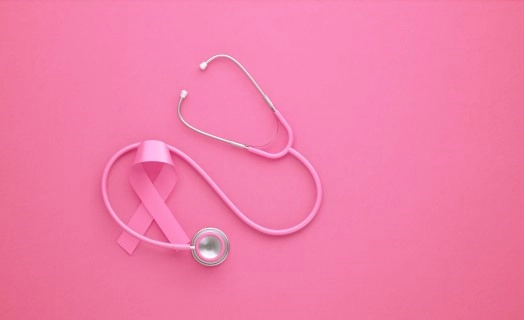
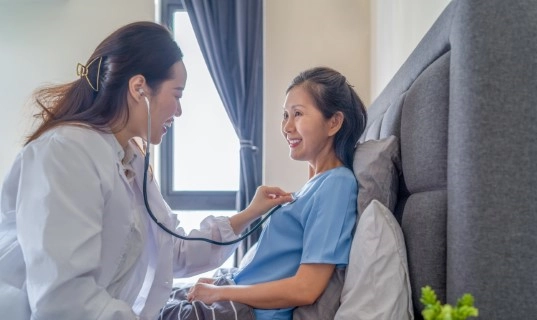
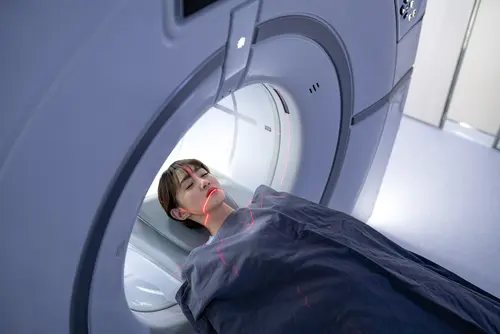
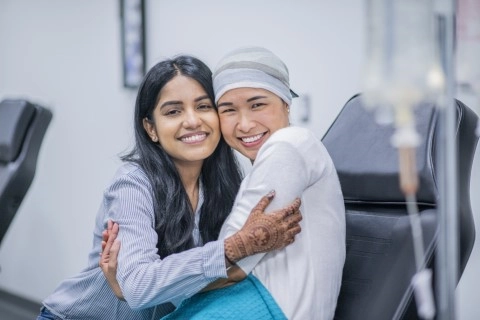
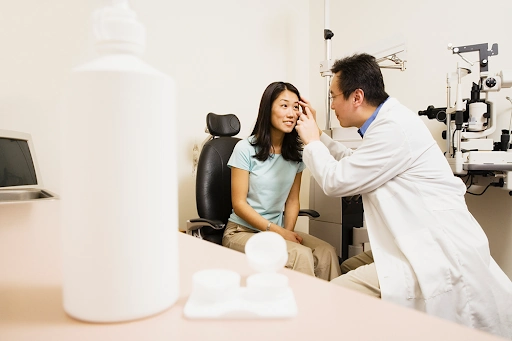
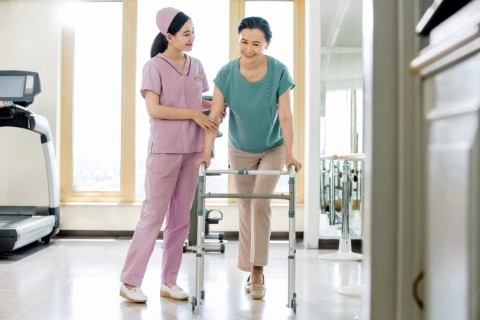

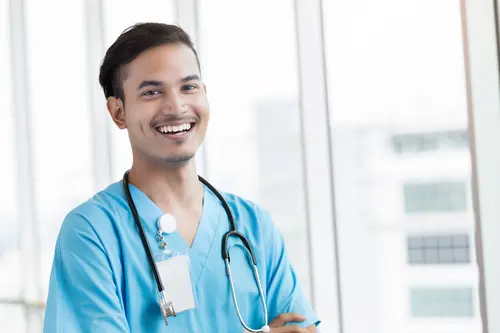
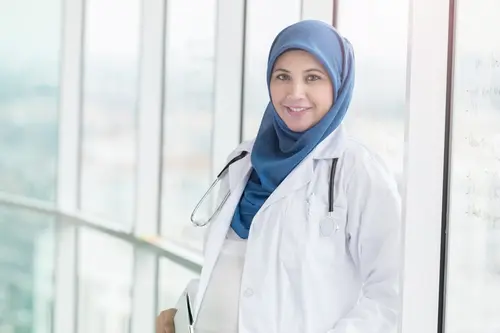
-500x500.webp?sfvrsn=60351b85_7)
